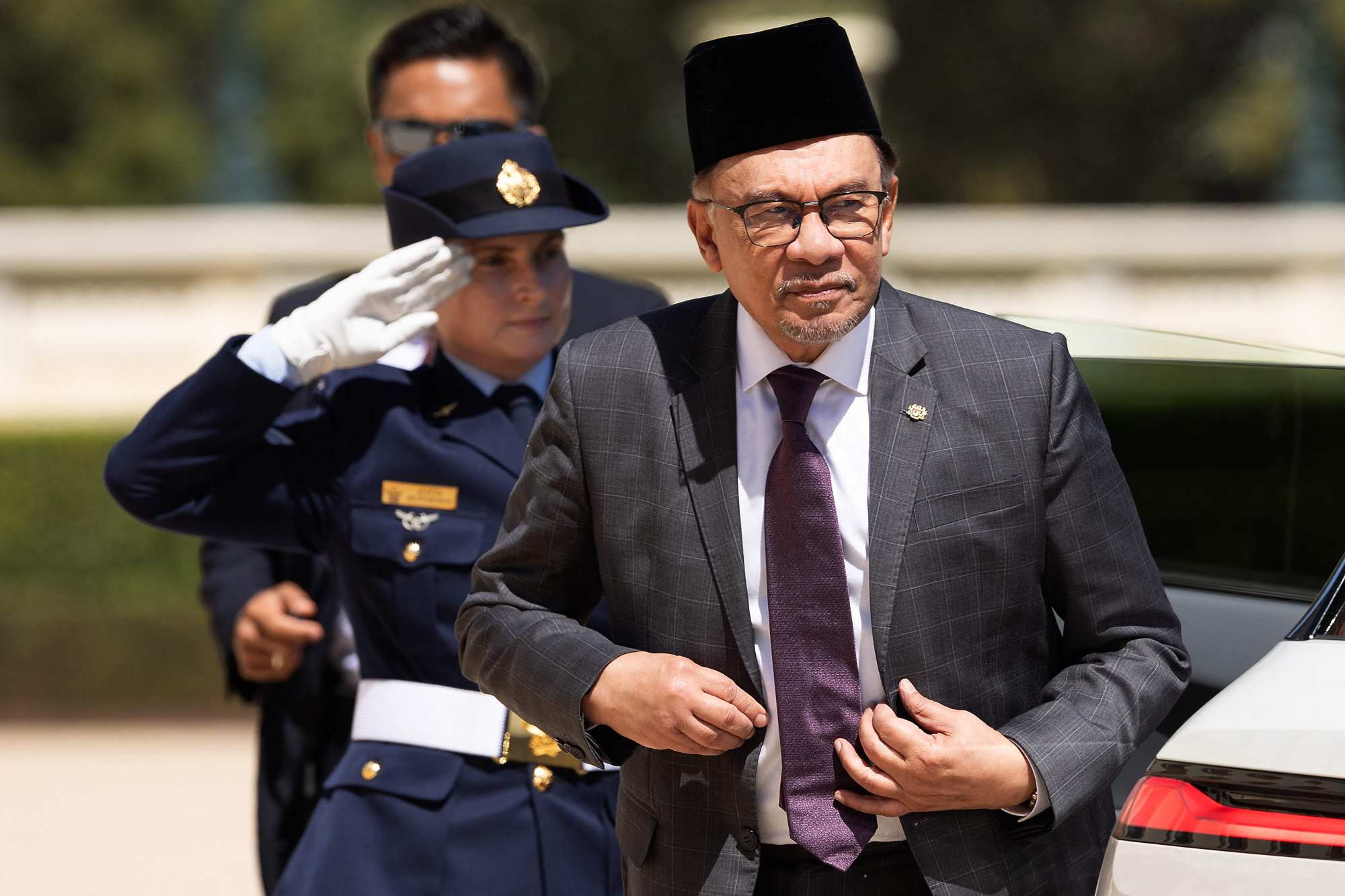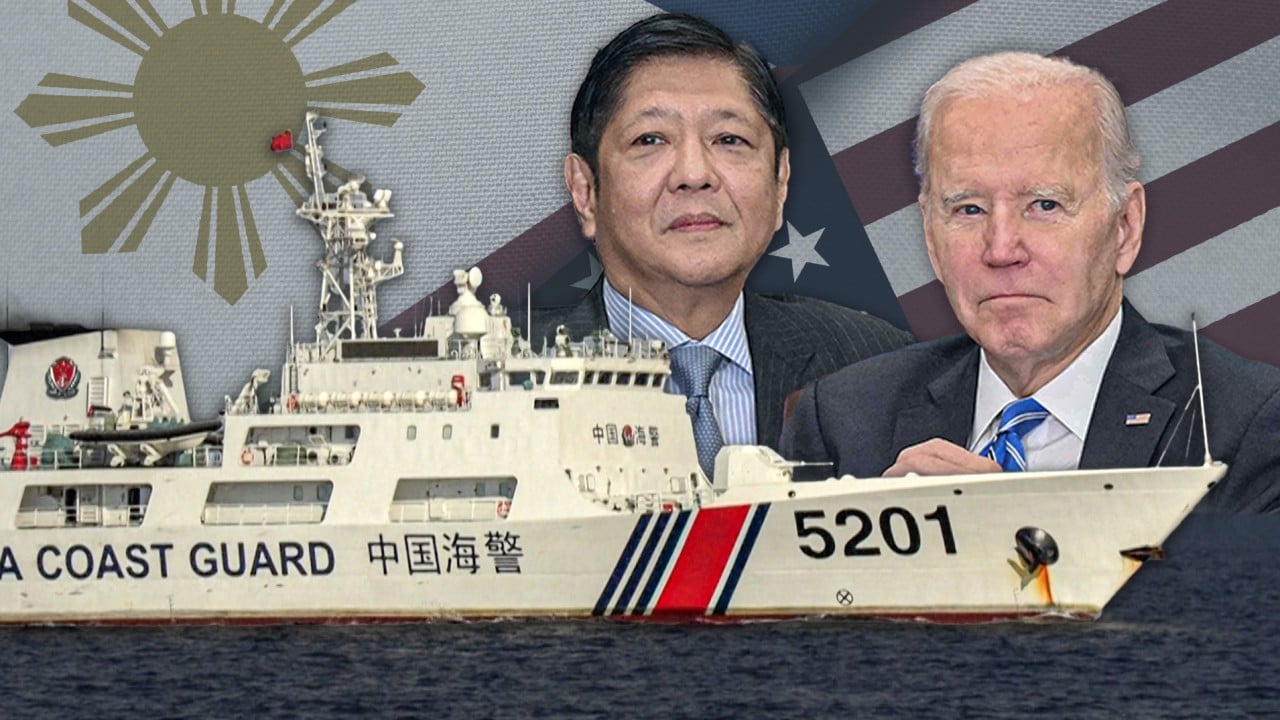
Asean must calm South China Sea waters or risk ‘Asia’s Ukraine’
- As the Philippines looks for allies outside Asean to support its South China Sea stance against Beijing, Southeast Asia risks becoming a theatre of war
- Although Asean believes in non-interference, failing to act to de-escalate tensions would only undermine its centrality and risk the region’s peace and prosperity
Next year, Malaysia assumes chairmanship of Asean. Anwar has pledged to revitalise Asean-led forums, such as the East Asia Summit. A pivotal strategy in the preservation of Asean’s centrality is hewing to neutrality, refraining from taking sides and fostering collaboration.

A recent Financial Times article described Malaysia as the “surprise winner from US-China chip wars”, citing a surge in investment from both Western and Chinese semiconductor companies. But looming challenges threaten to disrupt Asean’s delicate balancing act.
As a crucial US ally, Japan has played a vital role in Southeast Asia’s nation-building. Through economic partnerships, Japan has helped Asean members in their modernisation and industrialisation. However, in response to China’s rise over the past decade, the Japanese have adopted a more security-focused stance within the region.
As tensions mount, concerns arise that the South China Sea could become Asia’s Ukraine. But unlike Kyiv, which enjoys the European Union’s support, Manila will find itself without Asean backing.
Although the Philippines’ territorial disputes with China are legitimate, aligning too closely with the US carries the danger of Filipinos becoming collateral damage of great power rivalry. Fear of a nuclear conflict with Russia has kept US boots out of Ukraine. Similarly, the US is likely to avoid direct military confrontation with a nuclear-armed China. Consequently, as with the Ukrainians, the Philippines may find itself alone in the trenches battling a much larger adversary.
This is the tragic reality of the struggle for global power: the US is willing to use smaller nations as proxies to contain its rivals and maintain its supremacy. Much like the devastation witnessed in Ukraine, a conflict in the South China Sea would have far-reaching ramifications, wreaking havoc on the Philippines and triggering instability across Southeast Asia and beyond.
According to the ISEAS-Yusof Ishak Institute survey, while many Southeast Asians are concerned about the Gaza crisis, they also percieve imminent danger closer to home. Escalating tensions threaten to turn the South China Sea into another theatre of war, endangering regional stability and prosperity.
Non-interference is another cornerstone principle of Asean. Nevertheless, when a member state’s actions jeopardise the collective well-being, Asean must act to de-escalate tensions and prevent catastrophe. Failing to do so risks undermining Asean’s centrality, reducing Southeast Asia to a mere pawn in great power rivalries.
Peter T.C. Chang is a research associate at the Institute of China Studies, University of Malaya, Kuala Lumpur, Malaysia


